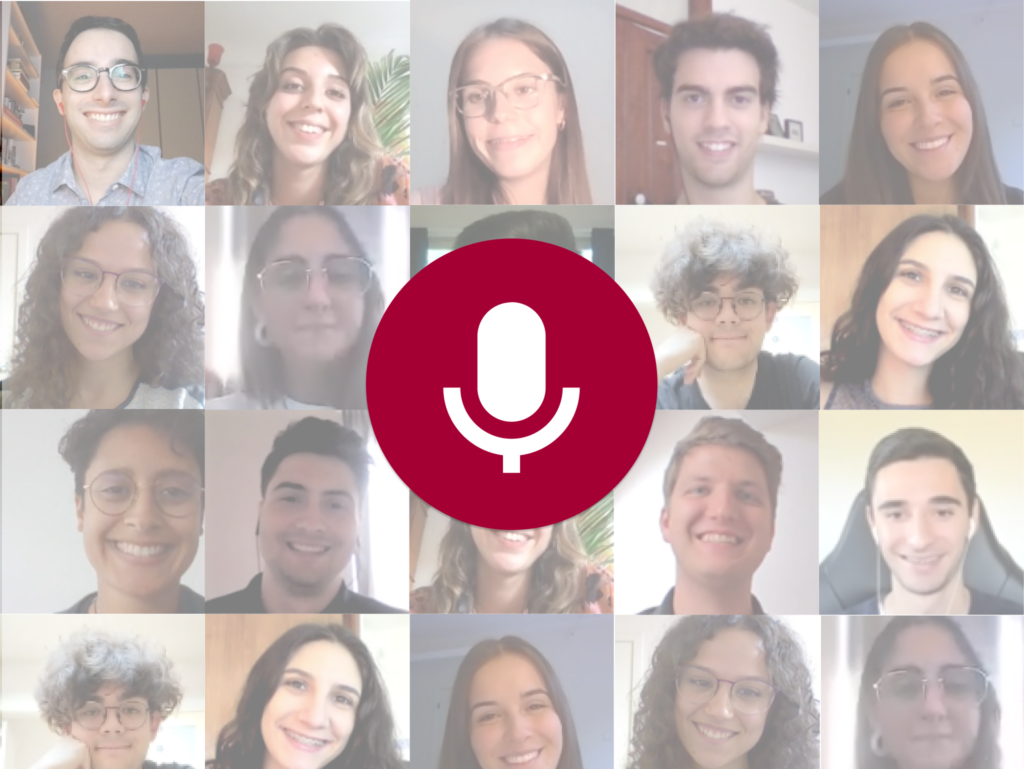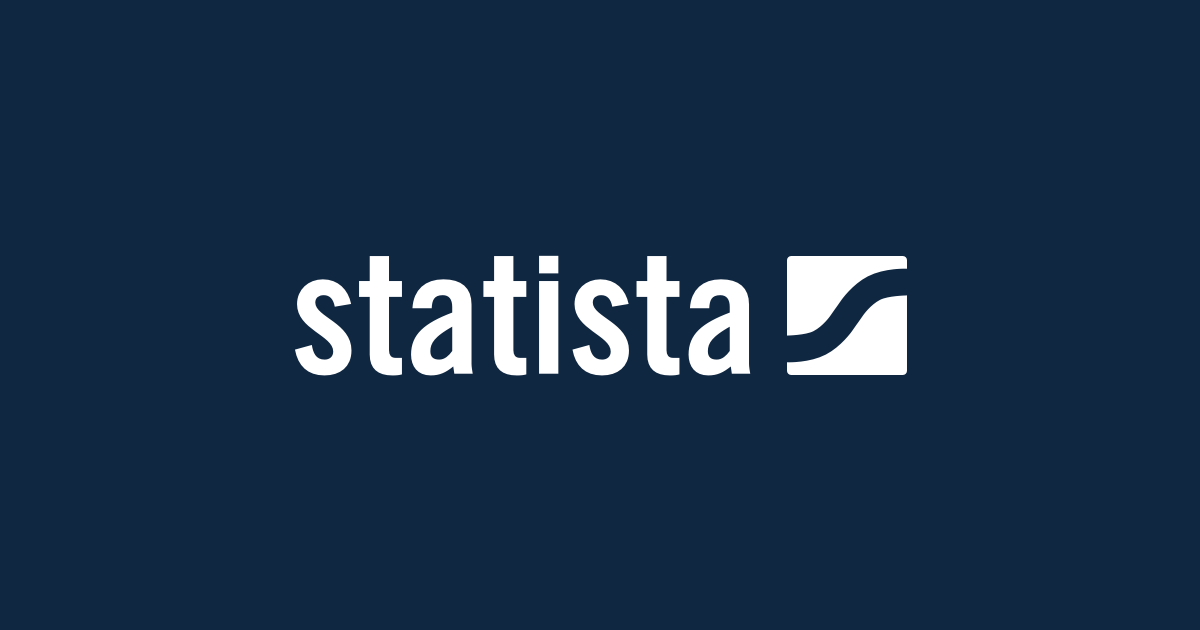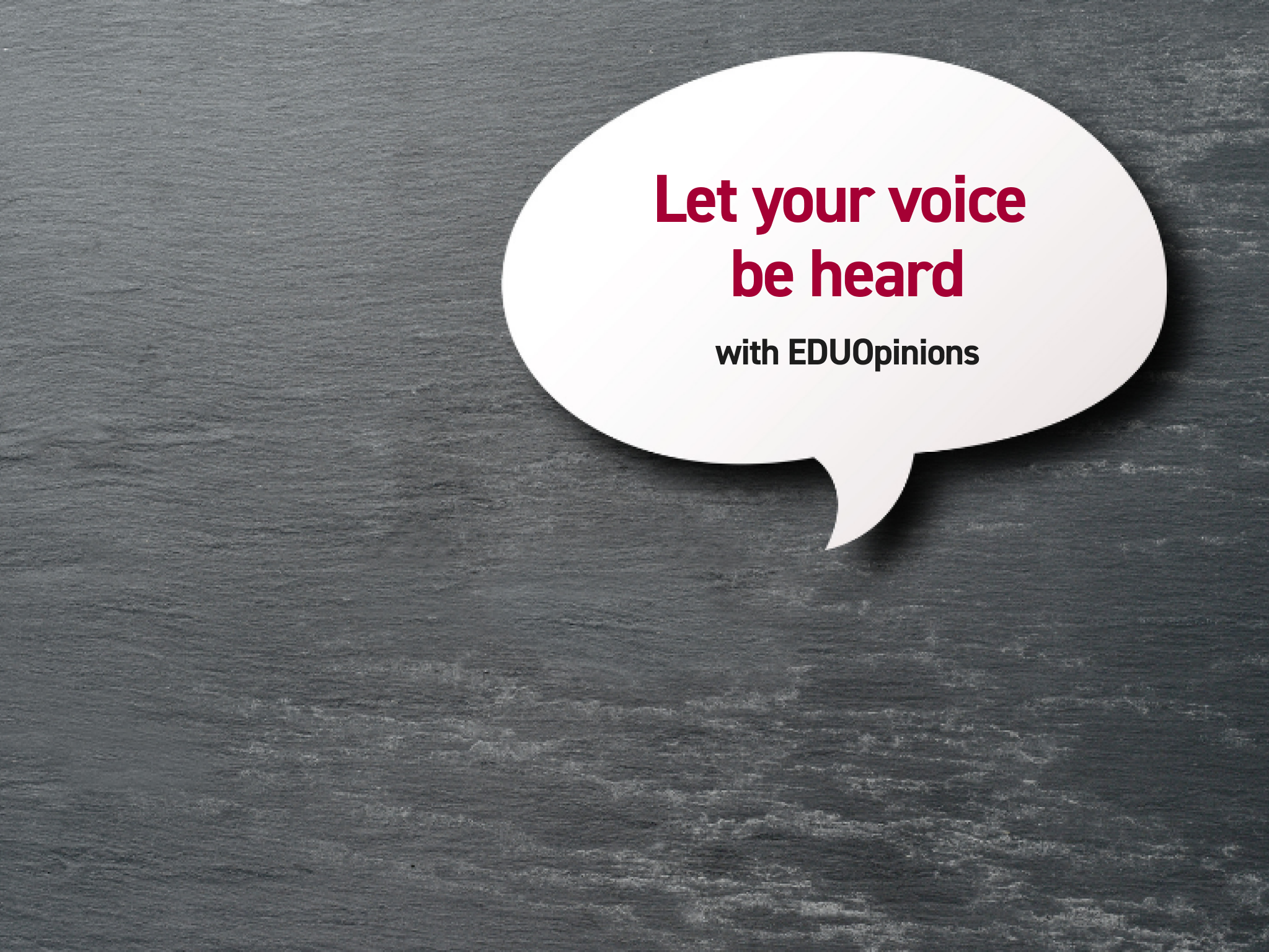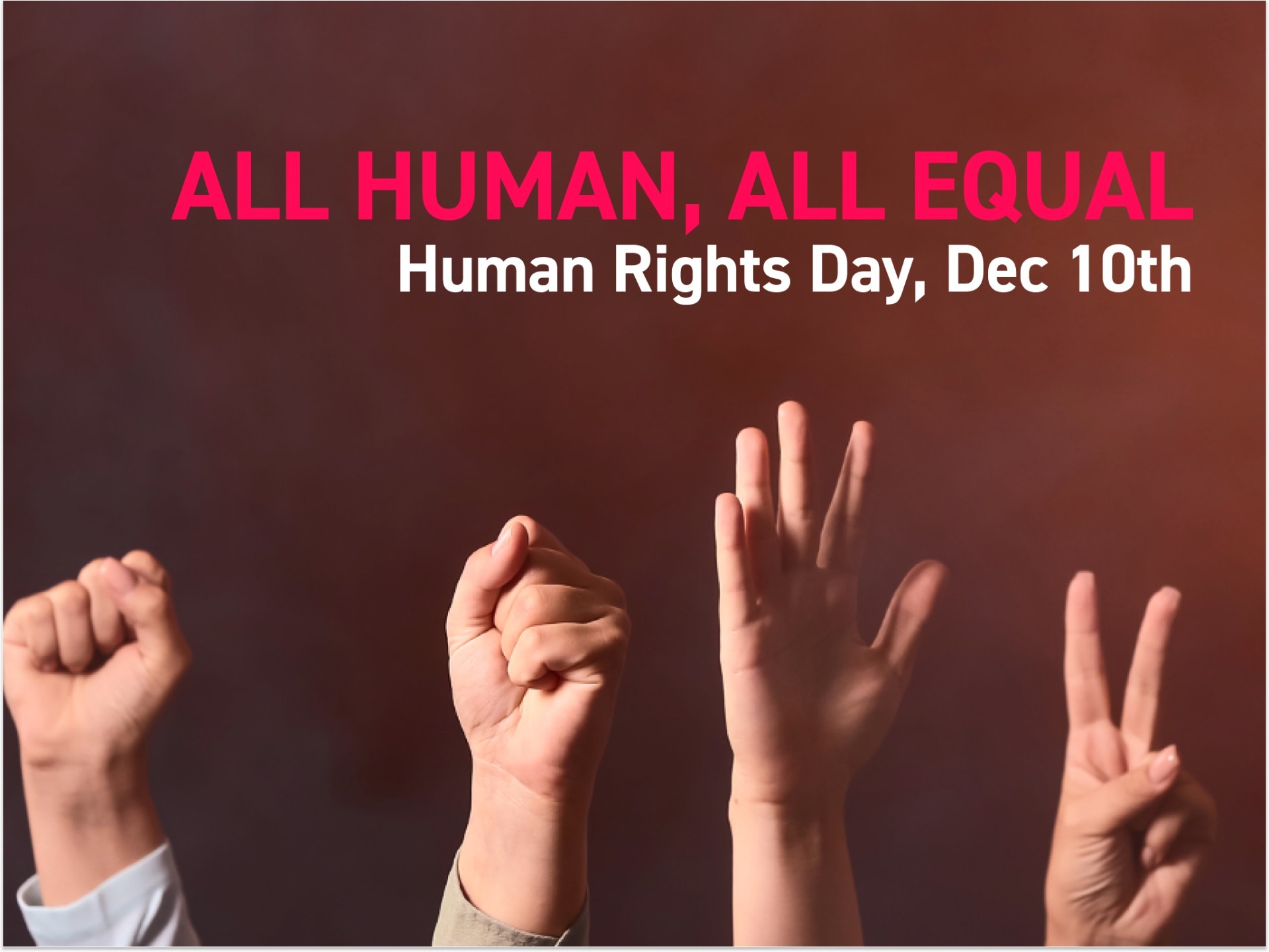The beauty of linguistic and cultural diversity
Why you should not try to fit everyone into a neat little package and instead promote the different linguistic and cultural backgrounds

The European day of languages is a celebration of the amazing variety of languages spoken across Europe. Since 2001, the 26th of September of every year it is the day at which we honour the amazing cultural diversity that characterises Europe and it aims to raise awareness of the importance of language learning for everyone. Officially, the European Union, since 2014, has 24 official languages: Bulgarian, Czech, Croatian, Danish, Dutch, English, Estonian, Finnish, French, German, Greek, Hungarian, Italian, Irish, Latvian, Lithuanian, Maltese, Polish, Portuguese, Romanian, Slovak, Slovene, Spanish and Swedish. However, there are many more: it is estimated that in Europe there are 225 languages spoken, and they represent around 3% of the world’s total languages.
Diversity of languages and of cultures, as in the case of biodiversity, is increasingly being seen as a good and beautiful thing in itself. Each language has its own way of seeing the world and is the product of its own particular history.
All languages have their individual identity and value, and all are equally adequate as modes of expression for the people who use them. We know from comparisons of the rates at which children learn to speak, that no language is intrinsically more difficult than any other language.
But how is a language structured? Language is an arbitrary system of sounds and symbols which is used for many purposes by a group of people, chiefly to communicate with each other, to express cultural identity, to convey social relationships, and to provide a source of delight, as in the cases of art and literature. They differ in their sounds, vocabulary, grammar and patterns of discourse: in Europe, languages tend to have inventories in the middle range, as from Spain with 25 to Ireland with 60 different languages. And some regional and minority languages have obtained official status, for example, Basque, Catalan and Galician in the regions of Spain in which they are spoken.
Living languages and cultures are constantly changing. People influence each other in the way they speak and write. New media, such as the Internet, give languages fresh opportunities to grow. Languages are always in contact with each other, and affect each other in many ways, especially by borrowing words. English, for example, has over the centuries borrowed from over 350 languages, and European languages are all currently borrowing many words from English.
Due to the influx of migrants and refugees from all over the world, Europe has become increasingly multilingual: Most larger cities, particularly in Western Europe, easily have 100-200 languages spoken as mother tongues by their school populations. The most common languages include Arabic, Berber Turkish, Kurdish, Hindi, Punjabi, and Chinese.
However, many of these languages are spoken by small minorities, and their future is under threat.
There is a need to increase popular knowledge and understanding of the diversity of the languages of Europe, and of the factors affecting their maintenance and growth.
There is a need to generate a greater interest in and curiosity about languages.
There is a need to enhance linguistic tolerance within and between nations.
We, as the European Confederation of Junior Enterprises , gather people from 16 different countries in 370 Junior Enterprises: this is how we intend to reach our goals as a Network.
Junior Enterprises Europe is keen to the diversity of cultures: every day we do our best to increase our awareness. We promote the dialogue between cultures with exchange programmes to other countries that allow our entrepreneurs to foster their knowledge and deepen their engagement with other values and traditions. And we do this because in the working environment we come across all sorts of cultures and people possessing diverse backgrounds: being culturally aware is crucial because it might help you understand how someone’s background plays an immense and important role in the formation of their own personality, including behaviours, perceptions and interactions.
We are all individuals, not monolithic beings: not everyone has to fit into a neat little package, and this is the beauty of diversity.
In conclusion, in order to respect the objectives of this recurrence, we as the next generation have to promote the rich linguistic and cultural diversity of Europe, which must be preserved and fostered and encouraging lifelong language learning in and out of school and university, whether for study purposes, for professional needs, for purposes of mobility or for pleasure and exchanges.
How? To celebrate European day of languages you could start to learn a new language. There are plenty of online resources that can be helpful with languages learning such as Apps or Videos. You could also choose to learn more about European culture and traditions to increase your cultural awareness by playing an online game and quiz which will give you a taste of the different cultures throughout Europe.
Written by Andrea Coletti,
Network Diversity & Inclusion Manager at JEE
If you have more questions or just want to talk with us, please send us an email at publicaffairs@juniorenterprises.eu.





